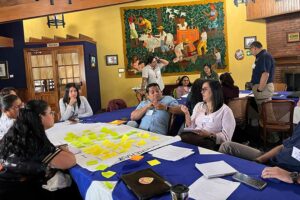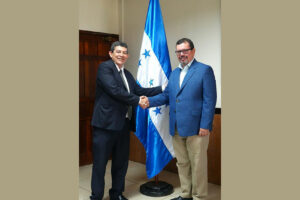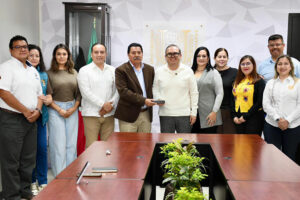CATIE strengthens partnerships in El Salvador and Honduras to promote sustainability and resilient coffee
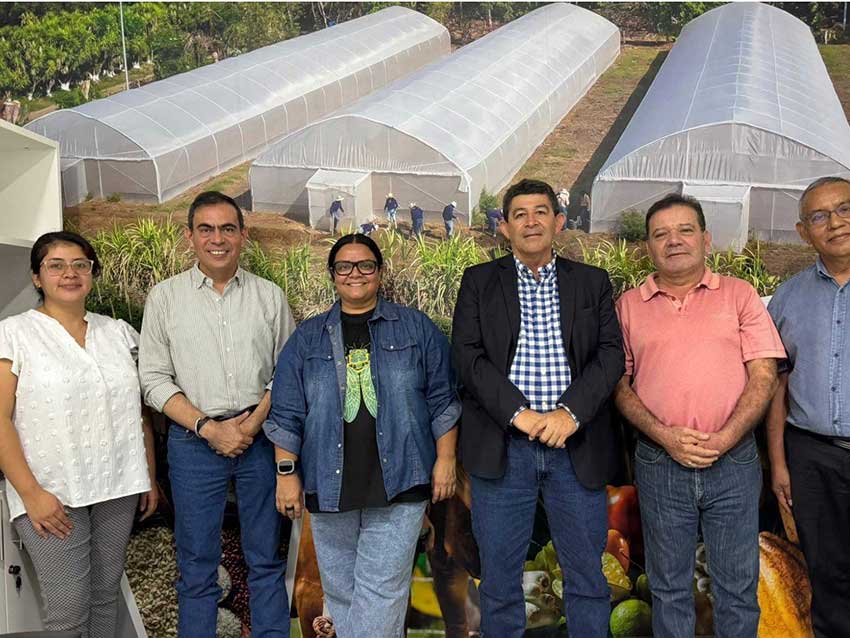
- Partnerships for restoration, agroforestry, and sustainable livestock in both countries; likewise, resilient coffee stood out at the 140th Session of the International Coffee Council.
The institutional mission carried out from October 10 to 18, 2025, by Dr. Luis Pocasangre, Director General of CATIE (Tropical Agricultural Research and Higher Education Center), strengthened strategic collaborations in El Salvador and Honduras to advance landscape restoration, agroforestry, sustainable livestock, and climate adaptation. The mission also included the Center’s participation in the 140th Session of the International Coffee Council, held in San Pedro Sula.
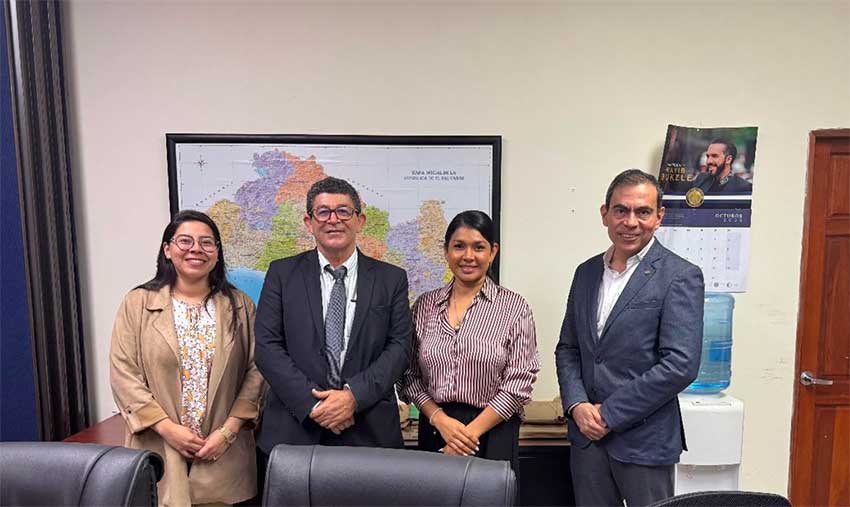
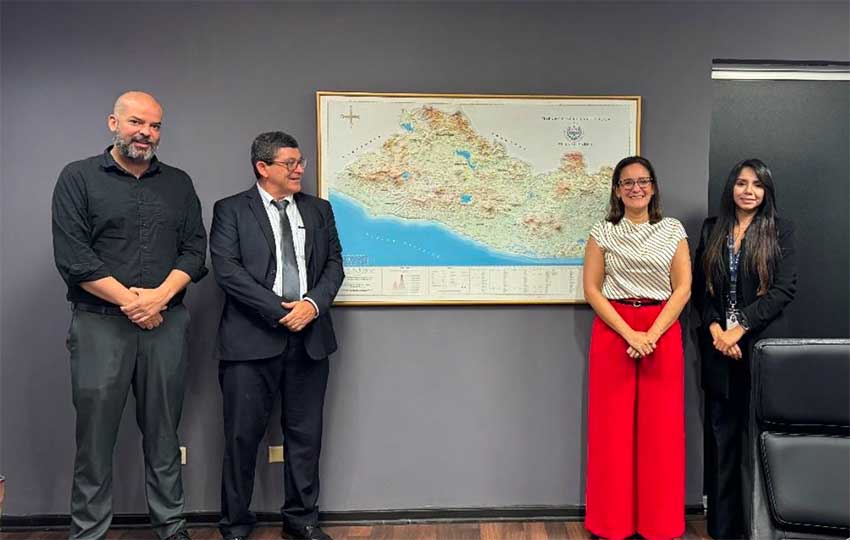
During the agenda in El Salvador, CATIE held meetings with teams from the Ministries of Agriculture and Livestock and of Environment to explore contributions to initiatives on restoration, biodiversity, agroforestry, and coffee, as well as to support efforts toward productive sustainability.
In addition, cooperation lines were advanced with the Lempa River Initiative—alongside partners such as Catholic Relief Services (CRS) and the Environmental Investment Fund of El Salvador (FIAES)—aimed at integrating capacities in watershed, forest, and biodiversity management, sustainable livestock, agroforestry, agribusiness, and climate change, to form a portfolio of services that responds to territorial priorities.
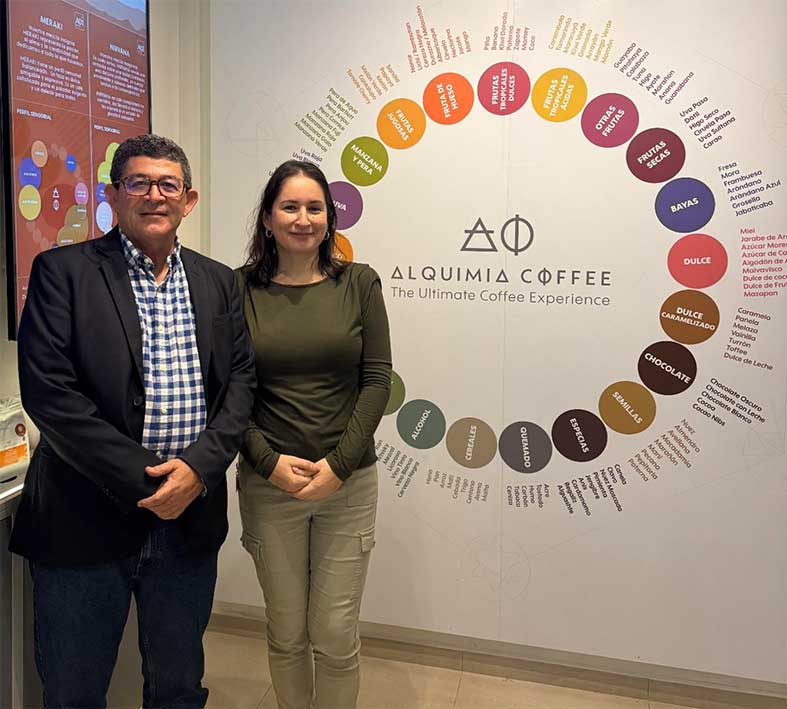
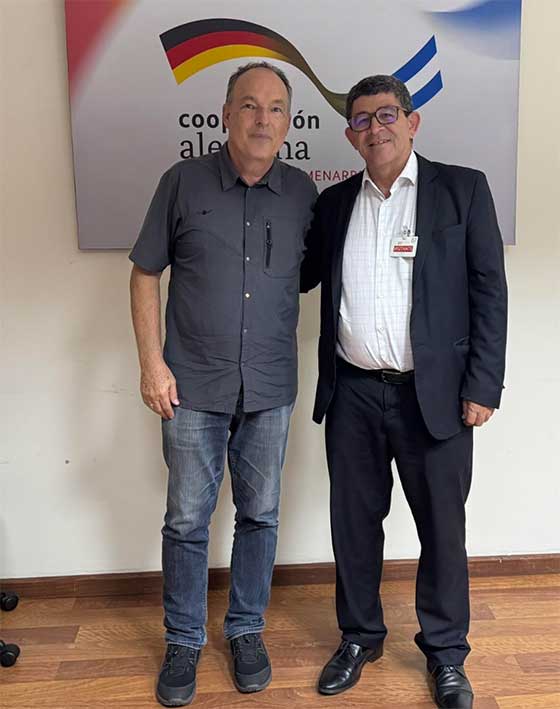
In the field of education and training, discussions were held with the Director of the National School of Agriculture (ENA), Dr. Odette Varela, who also serves as Director of the National Center for Agricultural and Forestry Technology (CENTA), regarding a master plan to strengthen faculty competencies. The focus is on postgraduate and technical updating programs aligned with the needs of the agricultural sector. This project, focused on the professional training of ENA professors and CENTA researchers, will be submitted to the Central American Bank for Economic Integration (CABEI) for potential financing.
The agenda also included meetings with international cooperation and representatives from the Trifinio trinational region to identify opportunities in agroforestry (coffee and cocoa), productive reforestation, and territorial governance, in coordination with strategic partners.
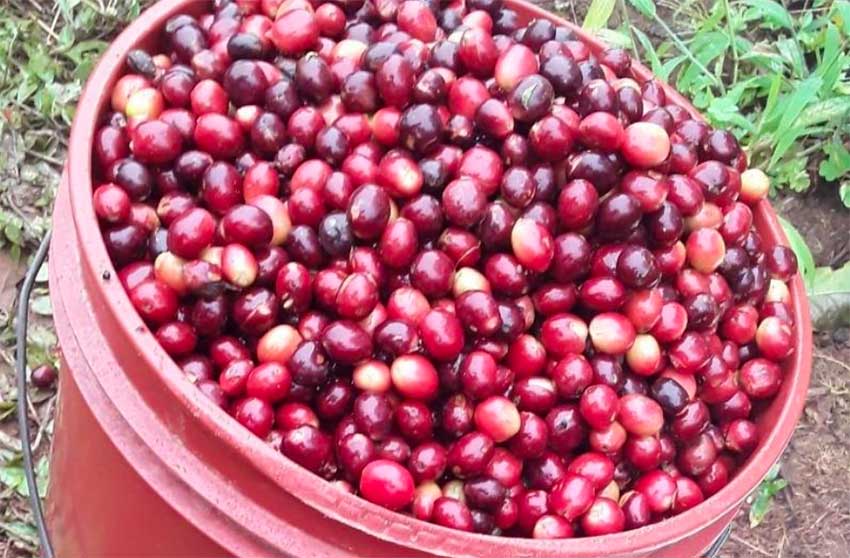
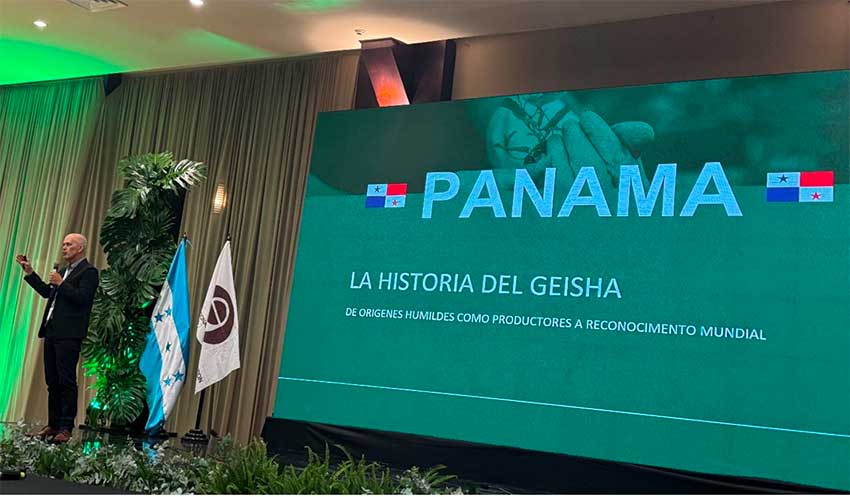
In Honduras, CATIE participated in the 140th Session of the International Coffee Council, where the role of the genetic base in addressing the challenges of climate change was emphasized, highlighting the relevance of CATIE’s International Coffee Collection. During the event, the contribution of this collection to the development of high-value varieties such as Geisha was publicly recognized, and results were shared showing the superior performance of the Centroamericano Hybrid in Copán—with high productivity and excellent cup quality—compared to locally evaluated materials.
Through these actions, CATIE reaffirms its commitment to working with public institutions, cooperation partners, and the productive sector to scale up science-based solutions that improve livelihoods, strengthen climate resilience, and promote sustainable and inclusive agriculture in Mesoamerica.
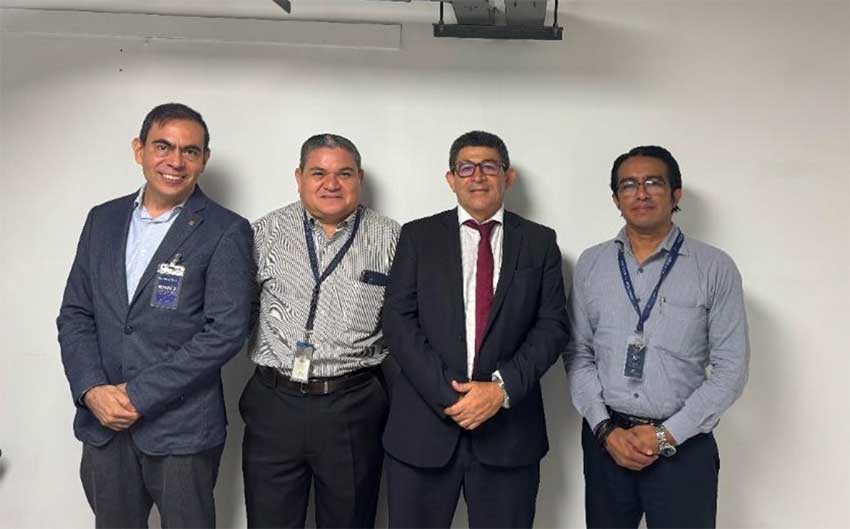
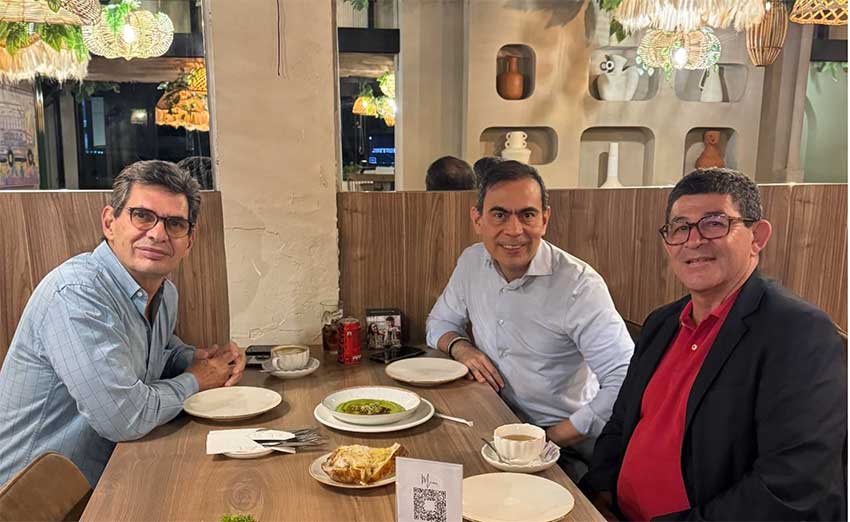
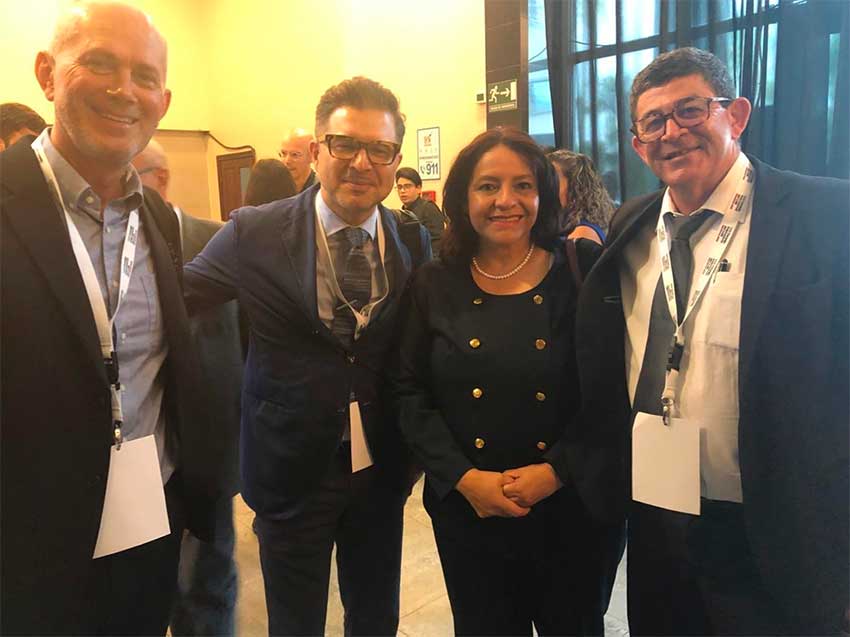
Written by:
Karla Salazar Leiva
Communicator
Communications and Marketing Office
CATIE
karla.salazar@catie.ac.cr

